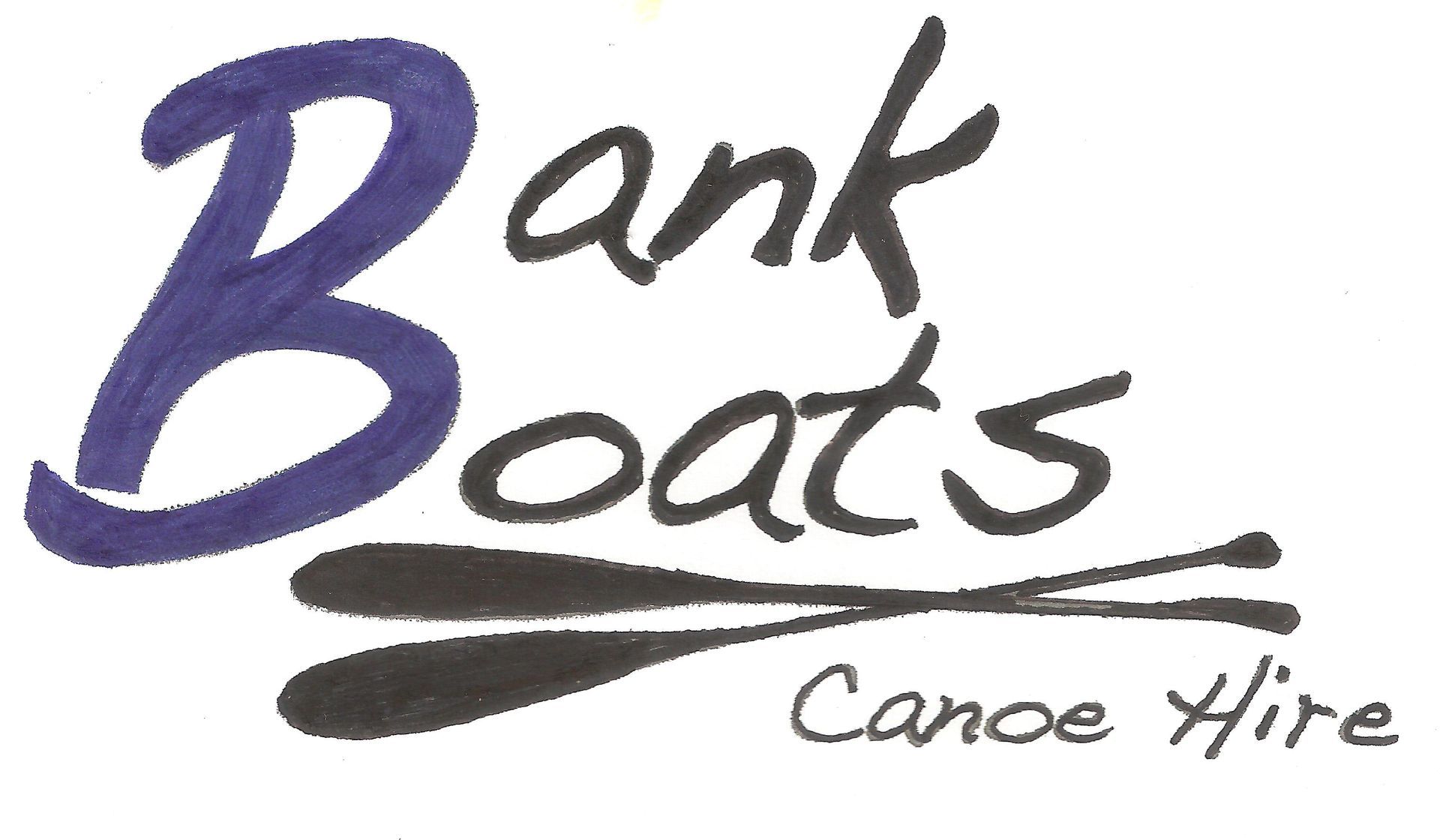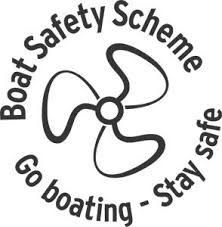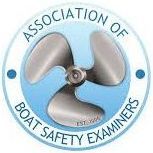Boat & Gas Safety
Cruise the Rivers Safely & Legally!
Before you can go cruising down the rivers in your boat, you must have a valid BSS certification. Just like a car, a boat needs to be licensed and insured so get in touch today to make sure your boat is safe and legal for your next voyage into the Norfolk Broads.
ABSSE Member
Qualified Boat Safety Examiner
Tony has been a Boat Safety Examiner since 2009, working on both privately owned boats and on hire craft owned by the many local businesses. Tony is a member of the ABSSE or 'Association of BSS Examiners' which ensures he stays on top of all knowledge required to ensure your boat’s safety and compliancy.
BSS Certification
Ensure Your Boat Meets the Legal Requirements
Before you put your Boat on the Norfolk Broads, it must have an annual Broads Authority toll, and for this to be issued, it must have a current Boat Safety certificate – a type of MOT for boats, renewable every 4 years.
Tony is friendly and helpful, offering a sympathetic ear whilst maintaining a highly professional approach.
If your boat does not meet the criteria of the scheme, Tony will take the time to fully explain why this has happened and you will be provided with a summary of the non-compliant item(s). Each non-compliance will be identified with an Examination Checking Procedure (ECP) number which will enable you to check to satisfy yourself why your boat was not awarded a Pass Certificate. He will also ensure that you fully understand exactly what remedial work needs to be done before the new Certificate can be issued.
Frequently Asked Questions
Your Questions, Answered
What is the Boat Safety Scheme?
The Boat Safety Scheme (BSS) was created and launched by British Waterways and the Environment Agency in 1997. Its main objective is to minimise the risks of fires and explosions onboard, but it also works to reduce pollution on the UK’s inland waterways. It does this by specifying a set of requirements that most boats must meet before they can be granted a navigation licence.
What is a BSS Certification?
On most of the UK’s inland waterways, a boat needs to be licensed, insured, and have the boat equivalent of a MOT. This is a valid BSS certification and is required before it can cruise, or in some circumstances moor.
What are the Benefits of Choosing an ABSSE Member?
The principal benefit of choosing an ABSSE member is that you receive a consistent approach to the Examination. All ABSSE members are kept fully up to date with developments taking place in the Boat Safety Scheme and, because of this, are better placed to pass on this knowledge and benefits on to you.
What is a Declaration of Conformity (DOC)?
New boats up to four years old do not require a BSS. They are covered by a document called ‘Declaration of Conformity’ (DOC) but will need a certificate issuing after this date.
Does My Boat Need a BSS Certificate?
Contact usThe BSS applies to all boats with engines and/or cooking, heating, lighting, refrigeration and other domestic appliances, including open boats propelled by outboard motors with fixed electrical systems such as electric starts.
If you’re unsure if your boat meets the requirements, just get in touch for some support from a qualified boat safety examiner.
Boat Gas Safety
Be Gas Safe in Your Boat
When it comes to gas safety, you should always use a Gas Safe Registered Engineer. These includes the following scenarios:
- If you are having new appliances installed, such as an oven, hob, gas water heater, gas central heating.
- If you have a problem onboard your boat with an existing gas appliance.
- You are moving or updating your gas pipework onboard a boat.
- If you hire your boat out overnight, you need a Landlords’ certificate, renewable annually, which can only be issued by a registered Gas Safe Engineer.
If the Boat Safety Examiner picks up a problem with your onboard gas system or appliances during your inspection, they should refer you to a Gas Safe Registered Engineer.

Gas Engineer
Get Your Gas Safety Covered
Tony Urwin is a Gas Safe Registered Engineer with more than 20 years of experience in carrying out both gas work and testing onboard boats. There are 3 key reasons to use a Gas Safe Registered Engineer:
- You know they have undergone the necessary and appropriate training for the job and their qualifications are valid and up to date.
- You are protecting the safety of you and your family. A badly or incorrectly installed gas appliance can raise the risk of a gas leak or carbon monoxide poisoning.
- It can be illegal to hire an unregistered gas engineer. Not only that but if you do and something goes wrong, then your insurance provider can deem your insurance policy invalid.
Boat Hire
Feel Safe, Be Confident
Alongside our boat and gas safety work, we also provide boat, canoe and kayak rentals so you can enjoy one of the most peaceful stretches of the Norfolk Broads. Our craft are all stringently checked, so they are always ready for your next adventure! We help you to get onboard with a full set of instructions and equipment meaning the most novice of users will be cruising/paddling along in no time.


